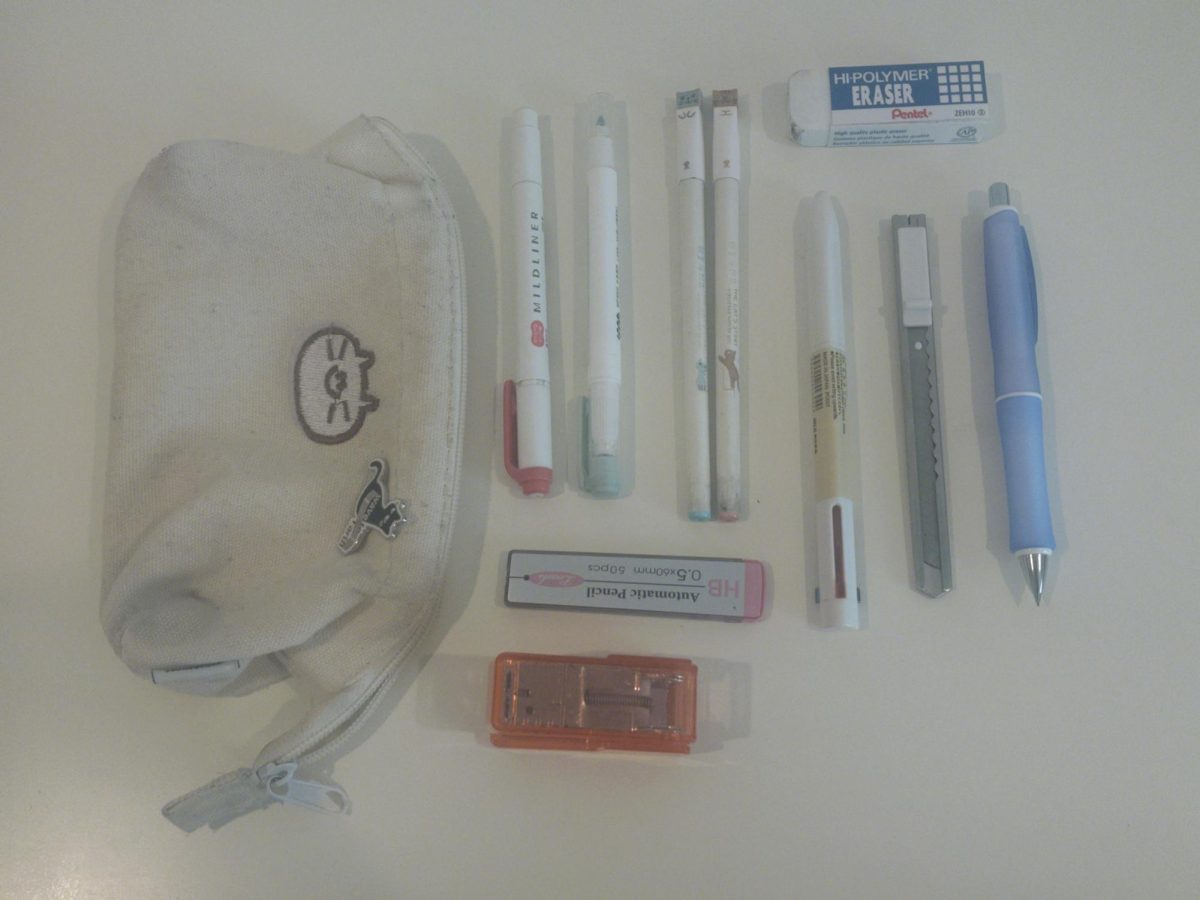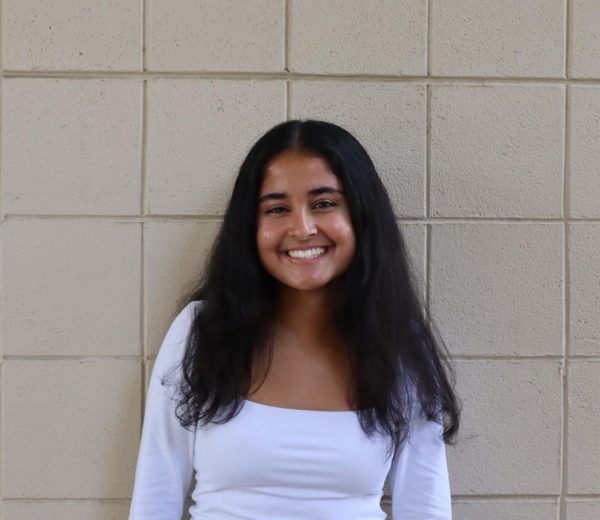As college acceptances roll in this time of year, it’s common to hear news spread about seniors who are accepted into elite colleges like Stanford, Harvard, Yale, MIT and several others that boast a sub-10 percent acceptance rate.
For academically ambitious students who commit to numerous honors and AP classes, participate in time-consuming extracurriculars and do prestigious internships in high school, these acceptances are the holy grail. As great as these acceptances are, though, they create the illusion that the only good college option is to attend a top-20 school. Anything short of that is viewed as failure in this zero-sum game.
Especially with the rise in yield protection — where less selective schools turn away overqualified applicants to avoid admitting students who likely won’t enroll — the result is that numerous students feel discouraged after seeing multiple rejections from schools they thought they would be easily admitted to.
We believe that students shouldn’t define future expectations and self-worth based on what college they attend as gaining admission to a prestigious school only gets your foot in the door. Continued success depends on your personality and your ability to take advantage of opportunities at the school you attend. With the academic rigor of the Ivy Leagues and top-20 schools, the mental strain from parental and personal expectations in pursuit of acceptance doesn’t just hurt students in the long run but also reinforces an outcome-obsessed culture where other schools with promising opportunities are ignored in favor of prestige.
Students who are typically accepted into top-20 schools have qualities that allow them to succeed anywhere — among them, discipline, organization and passion. Conversely, many students who have these good qualities might not be admitted to prestigious universities for a variety of reasons, whether it’s not enough resources or just bad luck.
Unfortunately, many Silicon Valley parents disregard the benefits community colleges or equivalent schools offer, and their hunger for prestige translates to students persistently working toward a not guaranteed future.
A 2010 study shows that 37% of the U.S. population are immigrants who left worse circumstances from their home countries and worked toward success in America. After experiencing the “often-Herculean effort it takes to find an economic foothold” in an unfamiliar America, immigrant parents can develop a rigid understanding of what their child must do to achieve financial success.
According to a 2022 census, the median household income in Cupertino was $223,667, which is more than double the national average. In Santa Clara County, the ratio of high-skill to low-skill immigrants is nearly 2:1 (for survey purposes, high-skilled immigrants have a college degree and low-skilled immigrants lack a high school diploma). With mostly high-skill immigrants living in affluent communities, it’s no wonder that academic excellence seems absolutely necessary to thrive economically.
Especially as Saratoga High’s culture has shifted toward a STEM-dominated environment in the past two decades, those fields — including computer science, engineering and medicine — have been put on a pedestal by most parents. As the technological and medical industry in the Bay Area offers a greater opportunity for affluence, this mind-set pushes students to pursue careers that may or may not be the best path for them.
As a result, a student’s ability to compete for acceptances into the top universities becomes increasingly difficult. Students spend their four years in high school hyper focused on being “the best” because they are told that Ivy Leagues and other top-20s will only accept “the best.”
Community college is especially stigmatized as a second-rate education option, when in fact, almost one third of entering University of California students each year are transfers from California community colleges. The acceptance rates for students who enrolled in a few years of community college are considerably higher, and it seems like a no-brainer to get ahead in their degree and gain easy acceptance into their dream UC.
While Ivy League communities include some of the most high-achieving students from around the world, research suggests that these students can be two or three times more anxious and depressed than the average college student. Furthermore, over the past few years, Princeton, Brown, Harvard and Yale have each experienced significant backlash because of failed mental health support systems and unforgiving leave-of-absence policies.
With the number of applications rising and acceptance rates falling each year, students work twice as hard to check all the boxes with stand out extracurriculars, numerous honors and AP classes, perfect SAT or ACT scores and attendance at prestigious summer programs. At some point, one has to wonder whether the mental strain of acceptance and attending prestigious colleges is even worth it.
The stereotypical path to success — attending Harvard, getting a PhD in tech field and landing a high paying job at Apple — isn’t for everyone. While parents may have good intentions for their kids, they forget that times are changing from when they went to school. Going to a top-20 school doesn’t guarantee that someone’s career will be just as amazing as the name on their college degree.
Call us hopeful, but college is ultimately only one part of your life and your future is never guaranteed just because you attended a top university. How someone takes advantage of the opportunities presented to them in college will ultimately supersede the name on their diploma and determine what path they can pave for themselves.




























